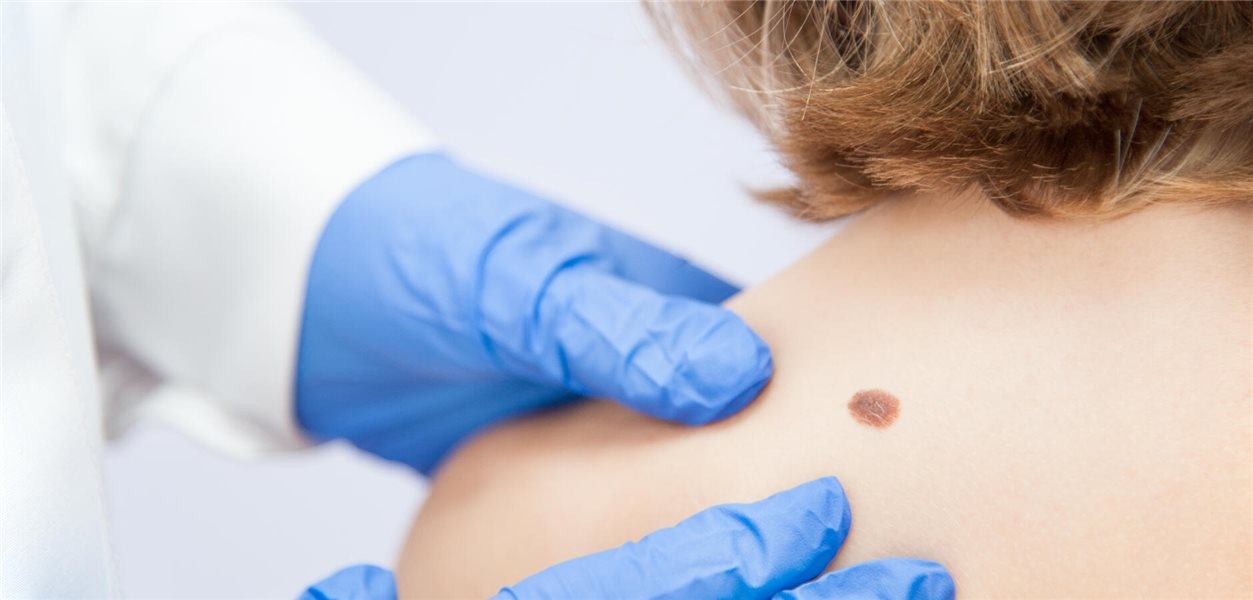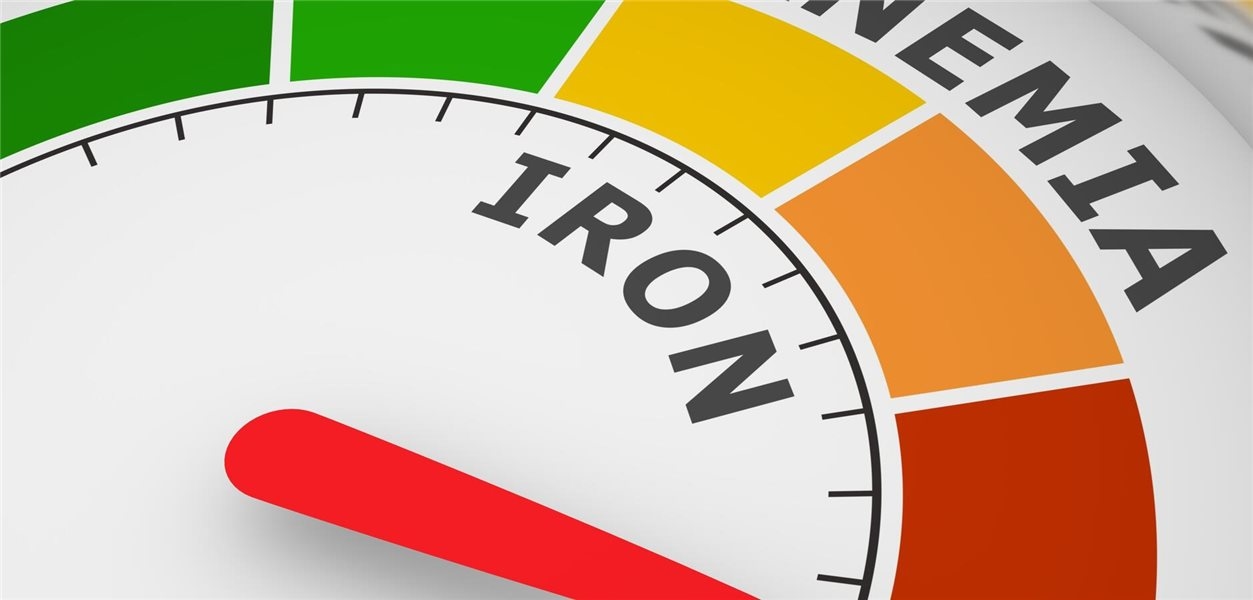Care of patients with chronic kidney disease: “Infection protection is an essential fa
Berlin. Chronic kidney disease (CKD) impairs the immune system in a variety of ways, said Prof. Matthias Girndt of the Department of Internal Medicine II at the University Hospital in Halle. Ultimately, it leads to a kind of premature aging of the immune system, similar to what occurs in old age in people without CKD.
From approximately CKD stage 3a onward, the risk of hospitalization due to infections increases noticeably. "At the stage where dialysis is required, the immune system is similarly impaired as with oral prednisolone therapy," Girndt explained.
A key factor in minimizing the infection-related risk is infection protection through vaccination, the nephrologist emphasized. The general assumption that CKD patients respond much less well to vaccinations is incorrect.
While a significantly limited immune response is seen with T-cell-dependent vaccines such as influenza vaccines and RNA-based COVID vaccines, vaccine responses using large, less T-cell-dependent antigens are often still excellent, even with dialysis.
This is well documented for pneumococcal vaccinations, for which response rates of around 80 percent have been described in dialysis patients (Transpl Infect Dis 2020; 22:e13343 ).
“Waiting six months is out”What about after a kidney transplant? Girndt emphasized that the question of whether seasonal flu vaccination should still be administered after a transplant, for example, in mid-November, arises relatively frequently.
In principle, response rates of 60 to 70 percent have been described for influenza vaccination after transplantation, although the corresponding studies regularly waited six months after transplantation.
However, there is also some data on flu vaccinations as early as three to six months after transplantation – with similarly high effectiveness and without serious complications.
"We would vaccinate in early January for transplants in mid-November," Girndt explained. However, there are also arguments for vaccinating in December. Waiting six months is out of the question, in any case.
As for live vaccinations, they are generally contraindicated after transplantation because the vaccine viruses are capable of replicating. However, Girndt explains that this is a matter of discretion in individual cases.
His example was a transplant patient who wants to enter the teaching profession and is required to have an MMR vaccination. One option would be to work with immunoglobulins. However, an active MMR vaccination might also be justifiable under certain circumstances, depending on the individual case.
At least there is a published cohort of pediatric transplant recipients in whom MMR vaccinations were successful six years after transplantation without serious side effects ( Am J Transplant 2018; 19:844-54 ).
The situation is similar with the varicella vaccination in children, while there is currently very little data available for the zoster vaccination in dialysis/transplantation. "The yellow fever vaccination is definitely not recommended," said Girndt. Deaths have been reported after organ transplants.
Arzte zeitung





